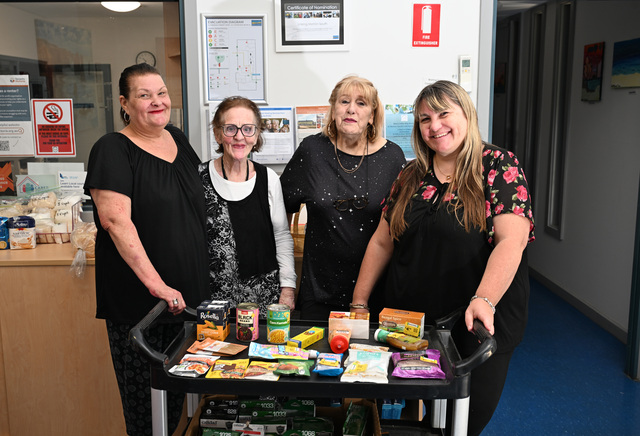Melton has been identified as a target seat for the Labor Party in the lead up to November’s state election, after research showed voter sentiment was largely against the two major parties.
In the 2018 state election, the Labor Party’s primary vote in Melton dropped to a historic low at 34.9 per cent, as Labor retained the seat at the last election with 54.3 per cent of the all votes counted.
Kos Samaras, director of political consultancy RedBridge and former Labor Party assistant state secretary, said Labor considered Melton to be a marginal seat that they had to “worry” about.
The previous post-election margin was a mere 4.3 per cent, with 35 per cent of voters preferencing independent candidates.
“The economic situation in Melton since then has not exactly improved… The issues that were animating people to vote for independence back in 2018 are still very much prevalent,” Mr Samaras said.
While the Liberal Party has ramped up its efforts in the area with new candidate Graham Watt, Mr Samaras said a drift from Labor did not necessarily mean the opposition would win the seat.
“One thing that we do know is that many voters [in Melton] who are not who are not planning to vote Labor do not like the Liberals, for similar reasons,” Mr Samaras said.
“They have very, very dim views of the two major parties… I expect a very big non-major party vote out there in Melton.”
Mr Samaras said the challenge for the government was the significant financial cost that was required to meet the needs of the growth in the region.
“The problem for Labor is that they are not dealing with a normal seat, when it comes to a marginal seat, because the catch up that is required is going to break many a budget,
“We are dealing with multiple decades of neglect… You’d require billions to fix this.”
While Mr Samaras acknowledged the Labor Party was focussing on the seat in the election lead up, he said the government did not understand the full extent of Melton’s problems.
“They’re not fully across just how extensive the problem is.”

















